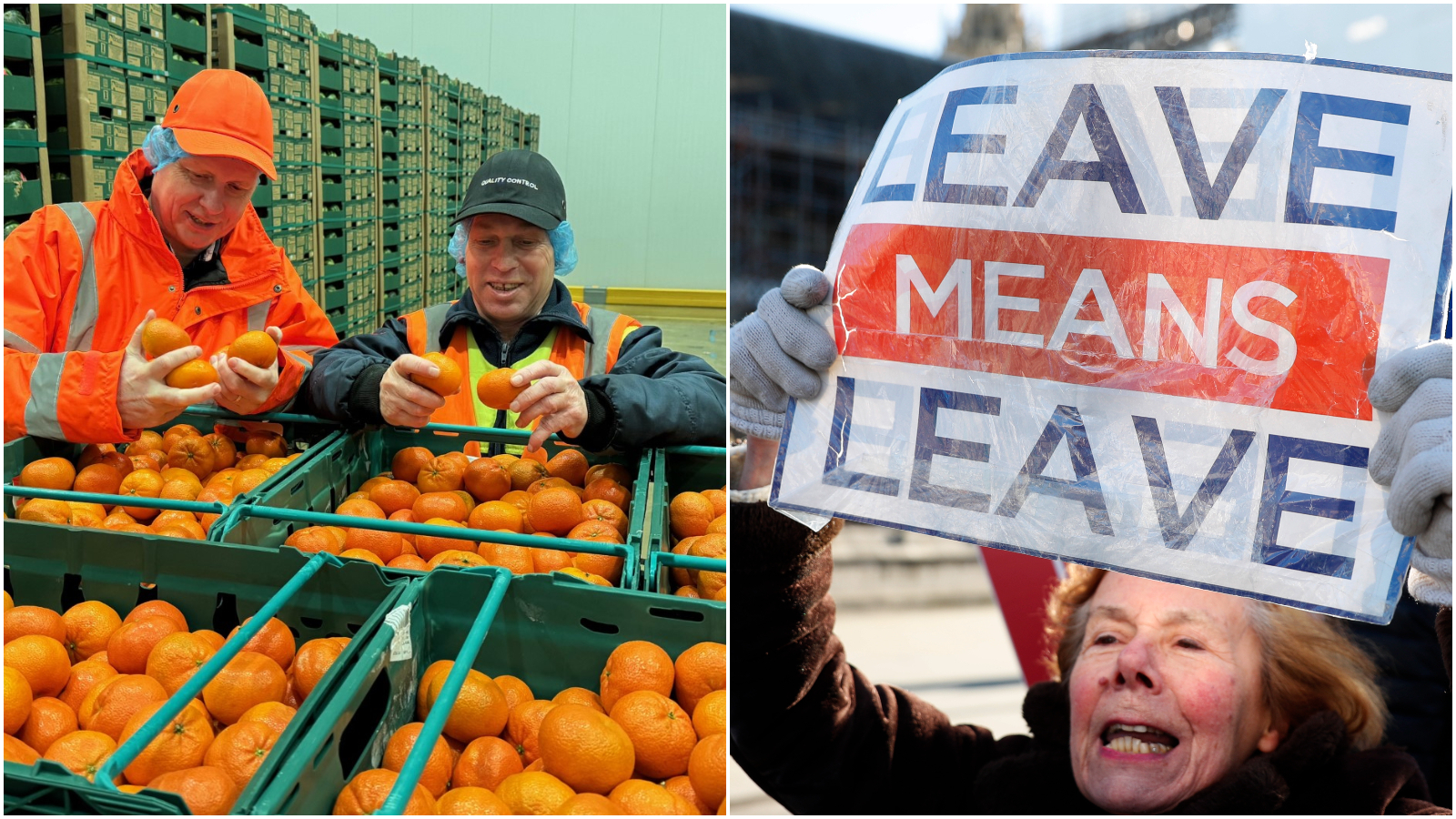Post-Brexit Challenges for Retailers in the UK
Retailers across the UK are facing significant challenges in a post-Brexit world, with increased paperwork and customs charges affecting their operations.
Impact on Businesses
German Deli, a food wholesaler in East London, is one such example of a business grappling with red-tape and customs charges. Susan Schmeider, an employee at German Deli, highlights the cumbersome process of entering commodity codes into the government’s “Import of Products, Animals, Food and Feed” (IPAFF) system for pre-notifying HMRC of imports.
Financial Burden
Customs agents charge a flat rate of £50 plus £1.50 per commodity line for import and export declarations. Additionally, new charges such as the Common User Charge and Brexit Admin Fee are further adding to the financial burden on businesses like German Deli.
Border Controls and Costs
The UK government has introduced the Border Target Operating Model (BTOM) for imports from the EU, requiring health certificates for certain goods. These new regulations are estimated to add significant costs to importing goods, potentially impacting consumers with higher prices.
Expert Analysis
Independent analysis suggests that the cost of new border controls could be substantially higher than government estimates, leading to potential price increases for consumers. Experts warn that the additional costs could result in a rise in the average household’s monthly food shopping expenses.
Political Response
Labour MP Stella Creasy criticizes the government’s handling of the situation, emphasizing the negative impact on businesses and consumers. Labour has proposed seeking a veterinary agreement with the EU to mitigate the paperwork and border checks post-Brexit.
Government’s Stance
The government defends its border checks as necessary for protecting the UK’s food supply chain and environment. They argue that the costs of checks are minimal compared to the potential risks of disease outbreaks, aiming to reassure consumers about the impact on food prices.
Bank of England’s Response
While the new border controls may have inflationary effects, the Bank of England is expected to view them as a one-time impact rather than a sustained trend. Consumers, however, may feel the effects of price changes more acutely.
Challenges for Businesses
Businesses like German Deli are already feeling the effects of the new regulations, with restrictions on imports leading to product shortages and decreased sales. The uncertainty surrounding post-Brexit trade continues to pose challenges for retailers across the UK.
















































